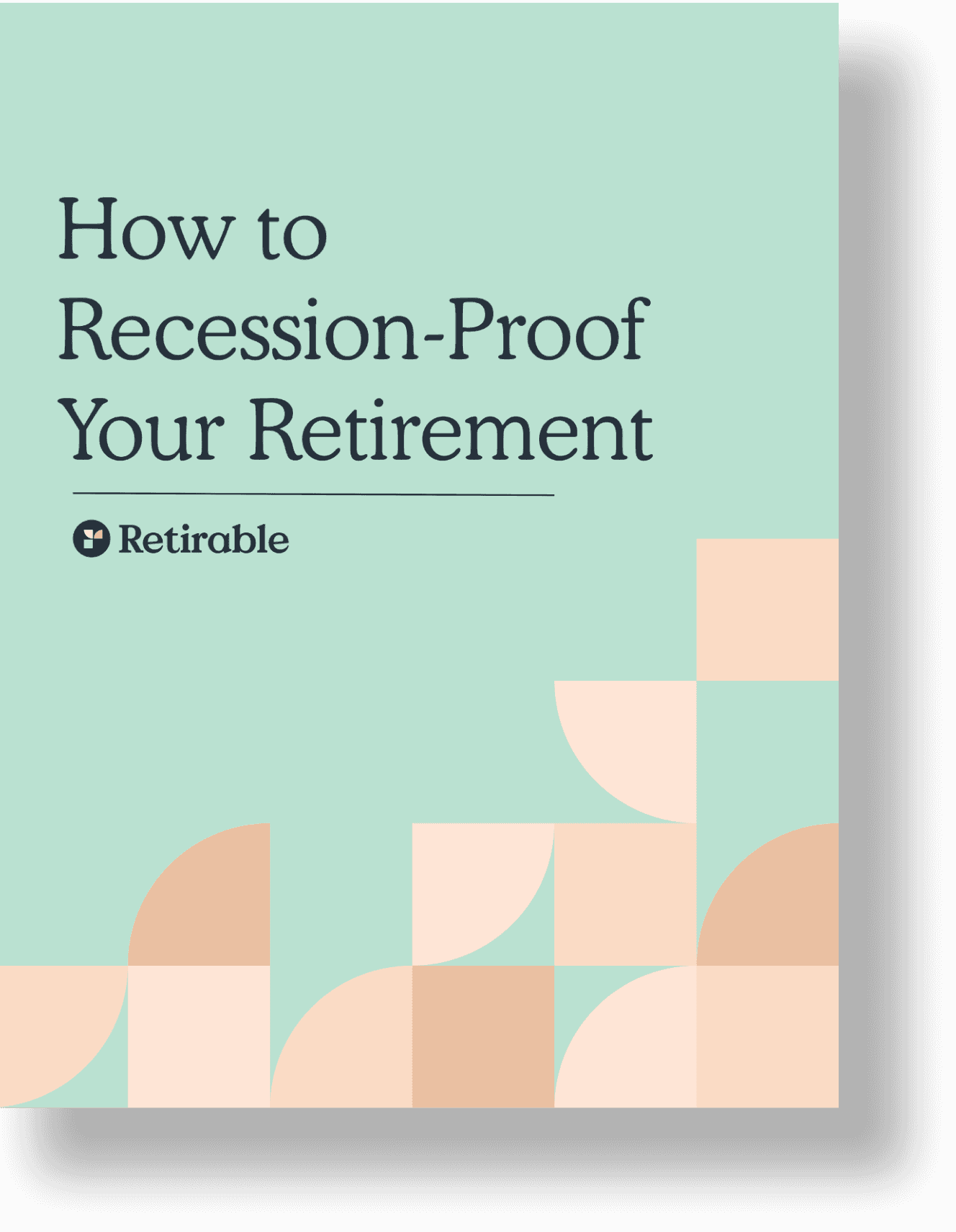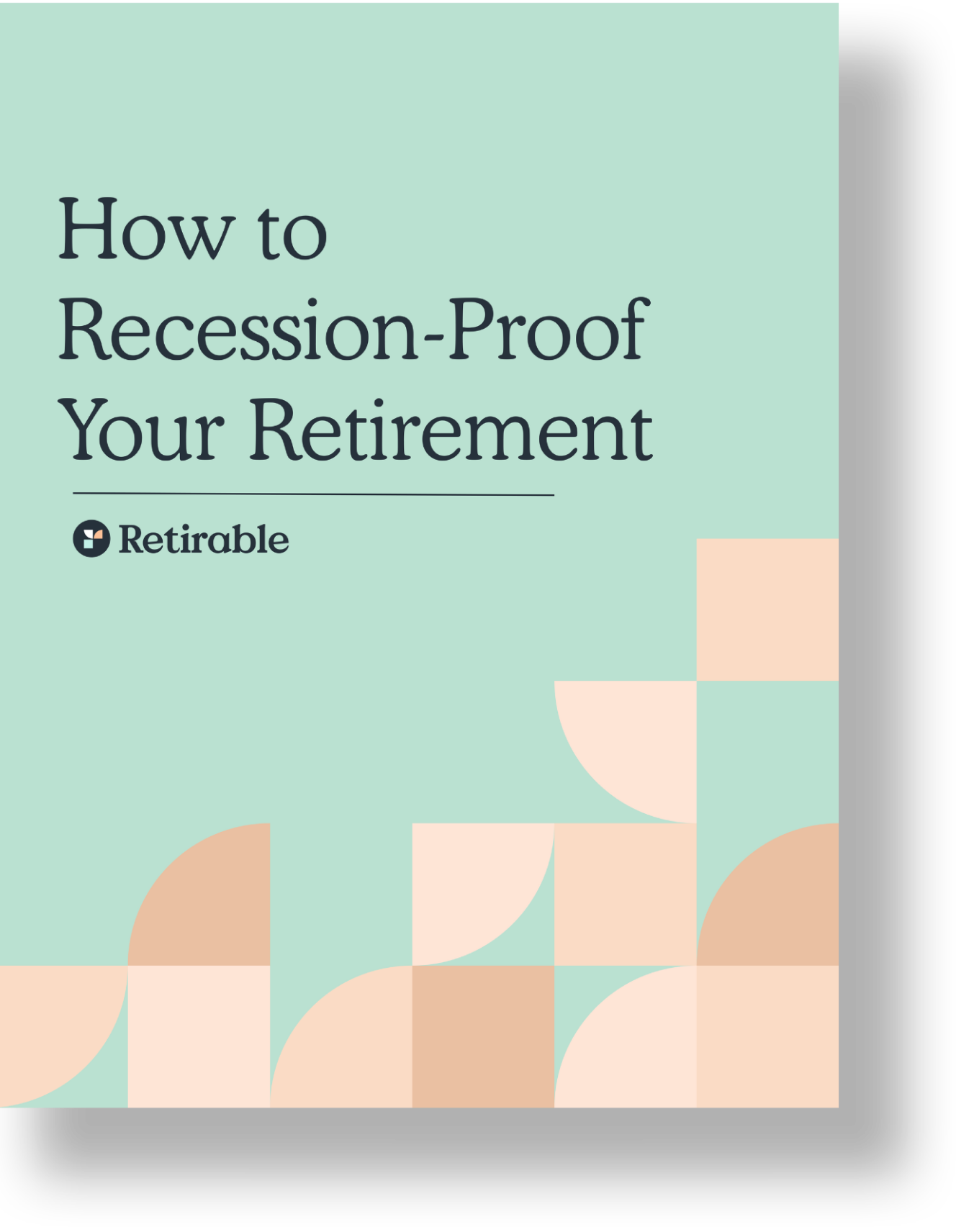Lifestyle
The internet has made it easier than ever for scammers to find unsuspecting victims, putting senior citizens at particular risk. Due to social isolation and the perception that seniors have significant retirement savings, con artists often prey on the elderly, aiming to commit identity theft or obtain credit card information through fake services or bills. Knowledge is power, so take the time to learn about the most common financial scams targeting senior citizens to protect yourself and your loved ones.

C.E Larusso
•
Published July 5th, 2024
Table of Contents
Key Takeaways
The internet has made it easier than ever for scammers to find unsuspecting victims, putting senior citizens at particular risk.
Scammers might see many seniors as being more financially stable—with larger asset amounts to prey upon.
Total losses reported to the Internet Crime Complaint Center by those over 60 topped $3.4 billion, which marks a 11% increase in reported losses from 2022
The internet has made it easier than ever for scammers to find unsuspecting victims, putting senior citizens at particular risk. Due to social isolation and the perception that seniors have significant retirement savings, con artists often prey on the elderly, aiming to commit identity theft or obtain credit card information through fake services or bills. Knowledge is power, so take the time to learn about the most common financial scams targeting senior citizens to protect yourself and your loved ones.
How Much Do Financial Scams Cost the Elderly?
In addition to being a headache, financial scams are costly. According to the FBI, total losses reported to the Internet Crime Complaint Center by those over 60 topped $3.4 billion, which marks a 11% increase in reported losses from 2022. Overall, there has been a 14% increase in complaints filed with the Complaint Center by elderly victims.
On average, the victims lost $33,915, with nearly 6,000 seniors losing over $100,000. Tech support fraud was the most common crime type impacting complainants over the age of 60; these scams usually involve scammers claiming to provide technical support from a legitimate company.
Why Do Financial Scams Target Seniors?
There are many reasons why scammers choose to target senior citizens. Scammers might perceive seniors as being less tech-savvy, and therefore unaware of how to spot advanced scam methods and approaches.
In addition, scammers might see many seniors as being more financially stable—targeting a college student with a mere $500 in their bank account is probably not worth the trouble. But a senior citizen is more likely to have a sizable nest egg as they prepare for or get settled into retirement.
Seniors citizens also often have a limited social network, which limits the support they have to help identify potential scams and exploitation. This may be further complicated if a senior citizen is experiencing cognitive decline; not only do they have a robust social network, but a mental impairment can hinder their thinking and judgment abilities, leading to rash decisions which could result in falling for a scam.
Common Types of Scams Targeting Seniors
Impersonation Scams
Sometimes called “government impersonation scams” or “government imposter scams,” these cons involve scammers calling seniors and pretending to be from a well-known government agency, such as the Internal Revenue Service (IRS), Social Security Administration, or Medicare. They usually ask for unpaid tax payments or money for benefits and threaten arrest or deportation if the victim doesn’t pay up. The scammer might also try and phish for personal identifying information to commit identity theft.
Government imposters often demand very specific forms of payment, whether that is cash, a wire transfer, or a prepaid debit card. Using advanced technology, they can even “spoof” the phone number of a government agency or call from an expected zip code (such as 202 for Washington, D.C.); this is a way to trick the victim to believe that the caller is legitimate.
Counterfeit Prescription Scams
It makes sense that seniors would search for deals on prescription drugs—some of them are very costly. These scams, often found on the internet, offer discounted medicine—usually at unbelievable prices. Victims then pay for much-needed medicine, and either receive nothing or receive a totally different drug, which is a health risk.
Telemarketing and Phone Scams
A very common scam, scammers will pretend to be telemarketers asking for money for a specific cause. Senior citizens make twice as many purchases over the phone than the national average, with many of them used to shopping and interacting with companies over the phone.
Without a face-to-face interaction and no paper trail, it’s difficult to trace the origins of these scams. After a scam is “done,” the scammer usually shares the victim’s information with other scammers, leaving them to be targeted again and again.
Some examples of telemarketing fraud include:
- Pigeon drop: The scammer tells the victim that they have found a large sum of money and will split it with them if the victim can make a down payment in good faith. This scam often includes a second con artist who poses as a lawyer, banker, or other professional.
- Fake accident: The scammer claims that a relative or other loved one is in the hospital and needs money and asks for a wire transfer to cover bills.
- Fake charity: Often initiated after natural disasters, scammers pretend to solicit money for charity.
Internet and Email Scams
The internet is an essential tool for anyone of any age, but because older people may not have grown up with the world wide web the same way Millennials and Gen Z have. They may not have the same awareness and instincts online, making them easier targets for internet scams. Scams might come in the form of pop-up windows that simulate virus-scanning software, frightening victims and convincing them to download and pay for fake software. There might be real viruses, too, that can pull information from the user’s computer to use in identity theft.
Email is another place that scammers can target senior citizens. Phishing emails might look like they are from a legitimate company or government agency, and ask readers to update or verify their personal information. For example, one email might look like it is from the IRS and ask a victim to enter their bank account information in order to receive their tax refund.
Grandparent Scams
Scammers have learned how to tug at the heart strings in order to get what they want. Con artists often impersonate family members or police officers and tell the victim that their grandkid has been detained, arrested, or gotten into other serious trouble with the law. The victim is asked to send money right away, often via wire transfer.
Investment Scams
Seniors spend a lot of time planning for retirement and managing their savings, which makes them prime targets for investment scams. These scams vary from pyramid schemes to complex financial products, with allegedly huge returns and little to no risk. More recently, many of these scams involve cryptocurrency (such as Bitcoin)—cryptocurrency investment fraud losses rose from $907 million in 2021 to $2.57 billion in 2022.
Sweepstakes and Lottery Scams
Everyone dreams about winning the lottery, and many scammers take advantage of that. With this scam, con artists will pretend that the victim has won a sweepstakes or giveaway of some kind but the victim needs to share their bank account information or make a payment in order to receive the prize. Sometimes, seniors will receive a fraudulent check in the mail with instructions to make the deposit; because deposits can take 48 hours to officially clear or be rejected, the scammers have ample time to collect money for fake fees or taxes on the “prize money.”
Computer Tech Support Scams
An offshoot of the more broad internet scams that exist, computer tech support scams involve a scammer calling, texting, or emailing and pretending to be from a reputable company (e.g., Apple, Microsoft) with news that something is broken in your computer and needs to be fixed immediately. Often, the con artists will ask to send a link to verify information, which is used to collect personal information from the victim.
Romance Scams
Preying on lonely senior citizens, romance scammers infiltrate book clubs, religious groups, and online games such as Words With Friends to strike up relationships with other users. These con artists then try to cultivate fake romances with their victims, eventually asking them for funds to pay for various things: medical emergencies, travel expenses, or visas. These scams usually drag on for months and months, as the scammer works to earn the victim’s trust. In 2022, the FTC found that nearly 70,000 people reported a romance (or “sweetheat”) scam, with losses reaching $1.3 billion.
Homeowner/Reverse Mortgage Scams
Scammers are aware that many people over 60 own their homes. Because of that, they have devised elaborate schemes, asking for overdue property taxes or offering reverse mortgages. Unsecured reverse mortgages can lead homeowners to lose their properties when the cons offer money or free housing somewhere in exchange for the property title.
Protect yourself from scams and fraud.
Every Retirable client is protected with $1M in identity theft insurance.How to Protect Yourself from Financial Scams
As scammers get more sophisticated, it’s important to understand the best way to protect yourself against these tricks, which could have serious financial implications. Follow these tips to protect yourself:
Don’t make rash decisions: scams are intended to prey upon people’s fears and get them to act without talking the situation over with others or considering the implications of the offer or threat. Take time to consider any offer—especially if it seems too good to be true—and ask friends and family members if they have any additional information.
Avoid alternative payments: Scammers will try to get you to use forms of payment that leave less of a paper trail or do not require much interaction with a financial institution, such as wire transfers, money orders and gift cards. Legitimate businesses will accept credit cards.
Look out for threatening behavior: To scare you, scammers often will harass or threaten potential victims and get angry when you try to ask questions.
Don’t trust fake caller IDs: Using advanced technology, scammers can make phone calls and emails look like they are from legitimate companies, organizations, or government entities. Sometimes, the number will be “spoofed” and mimic your own phone number or at least use your area code. Ignore calls that come out of the blue until you have had time to research the organization’s contact information and can initiate contact with them to confirm the identity of the phone number that called you.
Never reveal personal information: Con artists are after your personal information: your Social Security number, passwords, account information, and more. Never reveal this to anyone you don’t trust.
Don’t click: If a link is suspicious and you don’t know its source—don’t click it. Scammer links can come via email, text message, as a popup on a website, or in social media.
Set up 2FA: Set up two-factor identification to create an extra layer of protection on your online accounts.
Seek help if necessary: If you believe you have become a victim of a scam, contact the Federal Trade Commission to report it. You can even report scams you have seen, even if you didn’t fall victim. Visit ReportFraud.ftc.gov to make a claim, get resources, and help prevent this from happening to someone else.
Government Resources on Scamming Prevention
The Federal Trade Commission and the Consumer Financial Protection Bureau both have many resources to learn more about scams and report any incidents. The FTC has a comprehensive website that helps you determine what steps you need to take in case you were scammed, such as:
- Contacting your bank or credit card company
- Reporting suspected identity theft
- Updating your passwords
Additionally, many states have their own hotlines you can call if you were victimized, so do a Google search to see what’s available.
Frequently Asked Questions
You asked. We answered.
What are the most common financial scams targeting older adults?
Scammers targeting older adults tend to impersonate government agencies that seniors might need to contact frequently: Medicare, Social Security, or the IRS. Often, these fake representatives will ask for account information or a payment for past due bills. To prevent falling victim to these scams, always initiate any calls and contact with government agencies and make sure the number you’re calling is listed on a reputable (.gov) website.
How can I recognize an impersonation scam?
Impersonation, or imposter, scammers might call, text, or email, pretending to be a representative from a reputable company or government agency. Sometimes, they “spoof” caller ID to make it look like they are calling from an official business number. Note that most government agencies initiate contact by postal mail, so you should always be suspicious of callers pretending to be from the IRS, Medicare, etc. In addition, never give your account information to anyone over the phone if you’re not 100% sure who they are.
What should I do if I receive a suspicious phone call?
File a complaint with the FCC if you believe you have received an illegal call or text message. You can also block the number on your cell phone, and then register your number on the Do Not Call list to block telemarketing calls. Legitimate telemarketers will review the list to avoid calling numbers on it.
How can I protect myself from internet and email scams?
First, never click on any suspicious links. As you surf the web, you may encounter pop-ups with offers that seem too good to be true (i.e. saying you’ve won a big sweepstakes), or ones that scare you into believing you have a virus on your computer. These links usually lead somewhere asking for your credit card information. If you think there is something wrong with your computer, ask a professional. Second, always check the sender of the email or the website URL to confirm it’s legit—many scammers will try and impersonate legitimate businesses, so confirm the domains are the official ones before getting in contact with the sender.
What should I do if I suspect I’ve been scammed?
First, don’t feel embarrassed. Scammers are getting more and more sophisticated. You should immediately report the scam to the Federal Trade Commission and follow their advice for next steps, which may include calling your bank to issue a new debit card or calling your credit card companies to stop any new transactions.
Share this advice

A professional content writer, C.E. Larusso has written about all things home, finance, family, and wellness for a variety of publications, including Angi, HomeLight, Noodle, and Mimi. She is based in Los Angeles.
Share this advice

A professional content writer, C.E. Larusso has written about all things home, finance, family, and wellness for a variety of publications, including Angi, HomeLight, Noodle, and Mimi. She is based in Los Angeles.
Free Retirement Consultation
Still have questions about how to properly plan for retirement? Speak with a licensed fiduciary for free.






